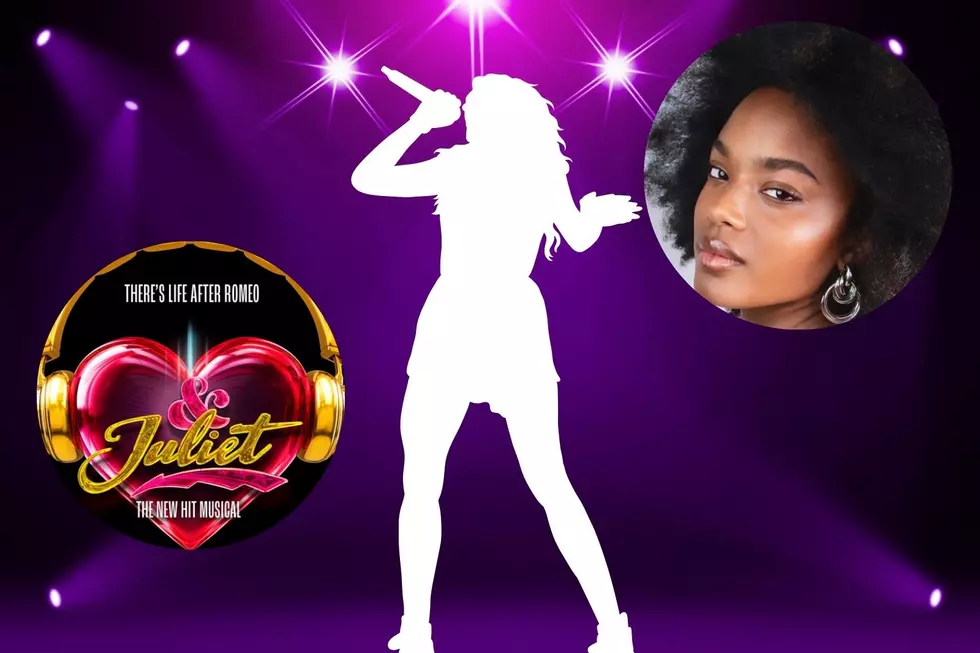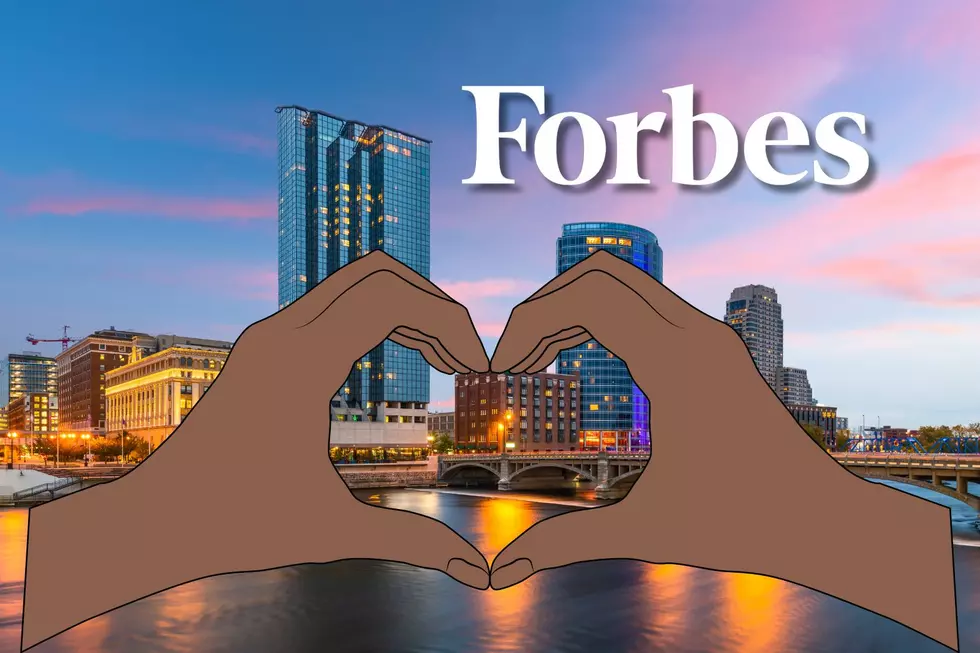
Anthony Hamilton Talks Jazmine Sullivan, the Hamiltones and Making Music That Supports Black Women
Anthony Hamilton embodies what it means to have longevity in the music business.
Since breaking through with hits like "Comin' From Where I'm From" and Charlene" back in 2003, Anthony Hamilton has steadily released music and is one of R&B and soul's most consistent artists. The North Carolina native didn't hit the ground running with his first record deal in 1993; it would take Hamilton ten years before he landed his big break and signed with Jermaine Dupri's So So Def label.
After years of recording and touring and acclaim, Hamilton shows no signs of slowing. He's learned a lot from the years he's put into his craft and his industry; and he's weathered more than his fair share of personal storms. The singer-songwriter talked to The Boombox about that journey and why he feels he's always maintained a feel for what Anthony Hamilton fans want from Anthony Hamilton.
The Boombox: You said you didn’t want to sound too “churchy,” in the beginning of your career--did you ever receive any backlash from the gospel community for singing secular music while having a touch of the gospel sound?
AH: I think Comin' From Where I'm From [was] more of a bluesy song but you feel the need to go to church or you remember being in church. I think my sound has always been like that and the gospel community they started catching on and coming to the shows and noticing that I was praising the Lord in my shows. T.D. Jakes came to one of my shows, and I think the word got about me. I did some collaborations with John P. Kee and J. Moss, so the word got out and people saw the true spirit of who I am.
Your songs are raw and vulnerable, which ones still take you back emotionally to that place when you perform them?
Sometimes “Charlene” is the one, “Walk In My Shoes,” is another one, “Her Heart” gets to me a lot of times–I’ve cried about a million times on stage.
How do you feel about the notion that black men don't support black women and vice versa? Do you think that the music that’s being created has anything to do with how we treat each other?
All my hitters support black women. I don’t see a lot of men that I know and who I’m around that don’t support and celebrate black women. You see it on social media and those people sometimes they are just looking for attention and sometimes they just had a bad experience. Maybe their mother wasn’t there or they had a bad experience with a girlfriend but if you’re black and you don’t see the importance of a black woman there is a disconnect and there’s a problem. It’s deeper than “I don’t like black women,” it’s something psychological and spiritual that the person needs to deal with. And it’s less about the music and more about the person.
R&B has traditionally been about romance, love, and loss. At any point in your career did you feel like people were gravitating away from that type of R&B?
No, because I keep my music passionate and I have a little raunchy in there. It’s a little raunchy with a chandelier on it. It’s just about the word choices I use, I can take it there without being too raunchy, and people still want to hear that.
I think there’s hope. You’ve got Ro James, BJ The Chicago Kid, Jazmine Sullivan, you’ve got Anderson .Paak, who's a little bit of everything and is incredible. I like what Bryson Tiller is doing, so there’s hope because you have artists that will take it to the next level.
My fans don’t want to hear [watered down] soul--they want the music raw, and I’ve always known that about them. That’s what I give them, I don’t deal with what mainstream is trying to do, I have a solid fanbase now and I understand what my fans want and I keep it one hundred with them.
What inspired you to start doing music covers on Instagram? And do you plan what you’re going to sing?
The Hamiltones, those guys started goofing around then we just started doing it. My team and I come up with something and we plan like that, or if something comes up on social media we use that as well.
Is there a female artist you could see yourself recording a full project with?
I like Jazmine Sullivan’s voice a lot, and she’s a great writer.
Do you bring your life into your music? If so how has your personal life over the years changed your music?
I bring at least 80% of my life into my music and I write from that place. It’s not intentional but if just comes out and I think people can hear it. You can hear what I go through personally in my music, you can follow the journey.
Like, you shared publicly that your mom passed away from cancer and you went through a public divorce.
We are all faced with those moments when you lose a loved one and maybe something like a divorce happens, we all have moments that are not good. It’s real life, I don’t think there’s any shame when you are going through something in your life. But it’s what you do next that determines who you are.
You got your first record deal in '93 but your mainstream success came in 2003. How did you keep your momentum up when you realized that your first album wasn’t your breakout album?
You just have to weather the storm, if you love it enough and the passion is big enough and deep enough, you’ll find ways to keep going. During that time I did background work, session work in the studio, I wrote for other people, and I was still on the hunt for a deal–the right deal. And I had people in the business who really knew my story and were rooting for me like, Andre Harrell, Russell Simmons, and many other people who were rooting for me.
What advice would you give to artists who feel like they’ve been putting in the work but aren’t seeing the results?
It’s all about investment, whatever you invest in, whether it’s time, money, energy, that’s what you’re going to get out of it. If you invest a fly by night effort then that’s the kind of career you’re going to get.
What do you want your legacy to be?
That he was a bad motherfucker!
CHECK OUT THESE ANTHONY HAMILTON VIDEOS:




